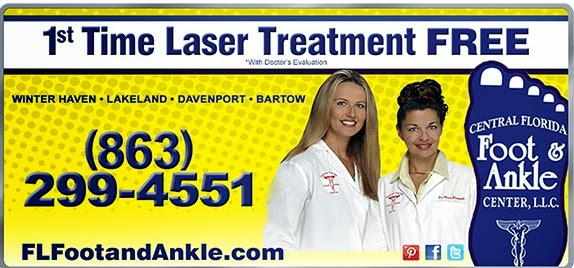.jpg)
The Achilles tendon is a continuation of the calf muscles. More specifically, it is a continuation of the soleus and gastrocnemius muscles. The tendon serves as an attachment of the muscles to the heel bone, known as the calcaneus. The Achilles tendon plays a vital role in walking, by helping to lift the heel off of the ground.
Common conditions affecting the Achilles tendon include Achilles tendonitis and tendonosis. Symptoms of both of these conditions include pain and tenderness in the area directly above the heel. This pain may be worse in the morning after a long period of rest, or with a prolonged period of activity. The pain can usually be reproduced by squeezing the tendon.
Both Achilles tendonitis and tendonosis are considered to be overuse injuries. They are commonly seen in patients who have just begun rigorous exercise programs, laborers, and “weekend warriors” – those who participate in physical activity on the weekends and may be less conditioned than more regular athletes. During these activities, too much stress is put on the tendon too quickly, which can lead to micro-tears and ultimately pain. Tendonosis refers to these tiny micro-tears, while tendonitis refers to the actual inflammation. Because the activity is ongoing, the injury to the fibers of the tendon can alter the shape of the tendon, leading to a situation of prolonged pain.
Once diagnosed by a doctor, Achilles tendonitis and tendonosis will usually be treated first with immobilization. This is generally achieved by putting the affected foot in a cast or a removable walking boot. Icing the inflamed area will help bring down some of the inflammation and relieve some of the pain – anti-inflammatory drugs like ibuprofen may help with this as well. Once the pain from the tendon subsides, physical therapy may be used to strengthen the muscles, which can help prevent future cases of Achilles tendonitis and tendonosis. Physical therapy can also be used to help improve running form. Proper footwear is another important step in preventing the conditions, as well as preventing other conditions that can develop from physical activity.
If you are experiencing pain that you think may be Achilles tendonitis/tendonosis, it is important to have your ankle evaluated by a foot and ankle specialist. Only they will be able to rule out other possible causes, and treat the condition effectively. Remember that pain is never normal, and should be taken care of promptly and appropriately.
101 6th Street N.W.
Winter Haven, FL 33881
Phone: 863-299-4551
http://www.FLFootandAnkle.com


No comments:
Post a Comment